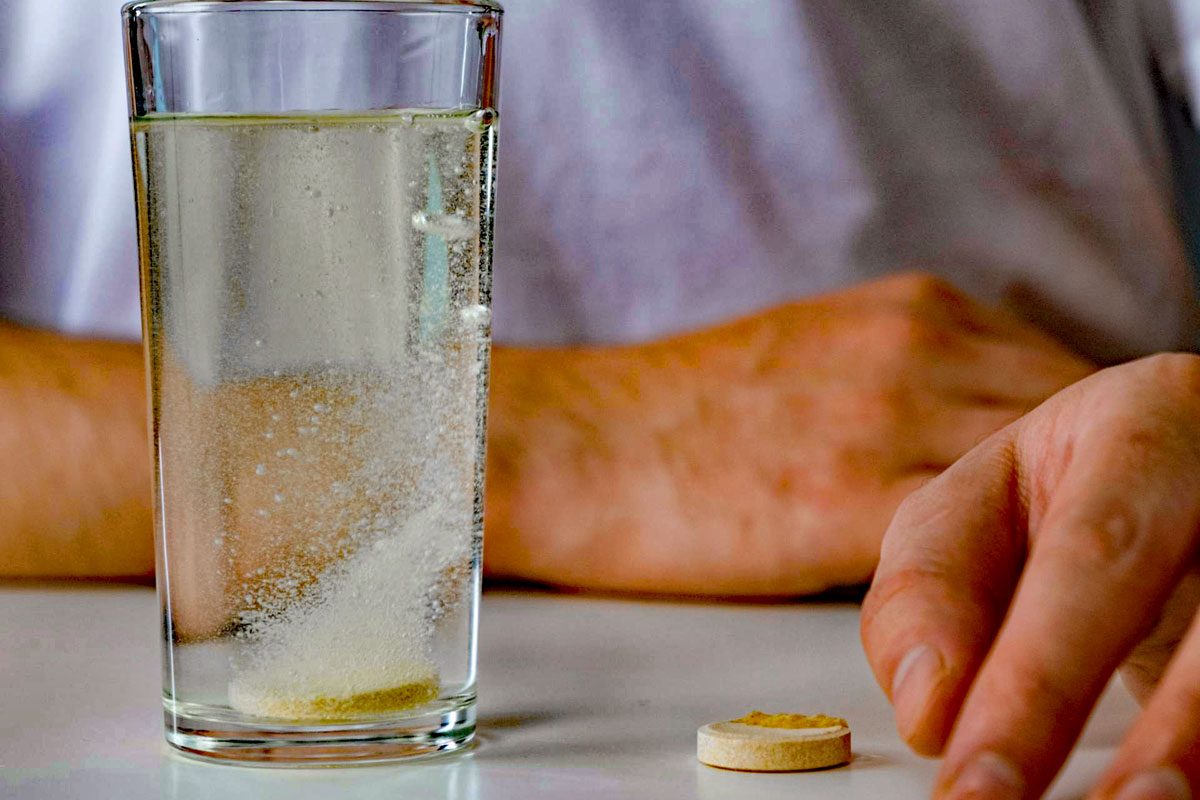The Truth About Bodybuilding Supplements
To supplement or not to supplement—that's the question echoing through gyms and fitness circles. The allure of supplements lies in their promise to accelerate progress, fill nutritional gaps, and enhance performance. However, are they truly necessary, or are we falling for marketing hype? The answer lies in examining the evidence.
Supplements: Boon or Bane?
Dietary supplements encompass vitamins and minerals, amino acids, and herbs. Yet, unlike pharmaceuticals, they aren't held to stringent FDA standards. This regulatory gap means manufacturers aren't required to verify the safety, efficacy, or purity of their products. Recent studies reveal that many supplements fail to deliver on their promises, while some pose significant health risks. The assumption that more is better often leads to misuse, exacerbating potential side effects.
Overtraining: The Real Culprit
Historically, the popularity of supplements skyrocketed alongside intense volume-based training routines. Trainees often spent countless hours in the gym, believing more effort equated to better results. When progress stalled, they turned to supplements or steroids, hoping for a breakthrough. However, research emphasizes that overtraining, not lack of supplements, is often the root cause of stagnation. Shorter, high-intensity workouts with adequate recovery frequently yield superior results without the need for excessive supplementation.
Popular Supplements and Their Claims
Creatine Monohydrate: One of the most researched supplements, creatine is associated with increased lean muscle mass, improved strength, and faster recovery. While it shows benefits in short, high-intensity activities, its impact diminishes for endurance sports. Proper dosing is essential to avoid gastrointestinal discomfort.
Whey Protein: Known for its high amino acid content, whey protein supports muscle repair and growth. Despite its popularity, a balanced diet often provides sufficient protein for most athletes. Overconsumption may stress the kidneys or contribute to weight gain.
Tribulus Terrestris: Advertised as a testosterone booster, evidence supporting its efficacy is limited. While it may have mild libido-enhancing effects, its role in muscle growth remains unproven.
Glutamine: Though hailed as a muscle recovery agent, recent studies indicate its benefits are minimal for well-nourished individuals. It may help under extreme stress conditions but isn't a necessity for most gym-goers.
Supplements vs. Whole Foods
The foundation of any fitness regimen is a well-rounded diet. Whole foods offer a synergistic array of nutrients that supplements can't replicate. For instance, fruits and vegetables provide fiber, antioxidants, and phytochemicals absent in isolated compounds. While supplementation can address specific deficiencies, it should never replace wholesome eating. Over-reliance on powders and pills risks neglecting fundamental dietary principles.
The Science Behind Supplement Safety
One major concern is the lack of regulation in the supplement industry. Contaminants, mislabeled ingredients, and unproven health claims are rampant. For instance, a 2022 study found that nearly 30% of tested supplements contained undeclared substances. To mitigate risks, consumers should choose reputable brands and look for third-party testing certifications.
The Bottom Line
Bodybuilding supplements are not a magic bullet for achieving fitness goals. While certain products may offer benefits, their necessity is often overstated. Prioritizing effective training methods, sufficient recovery, and a nutrient-dense diet remains the cornerstone of sustainable progress. Supplements should complement—not replace—a solid foundation.













